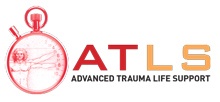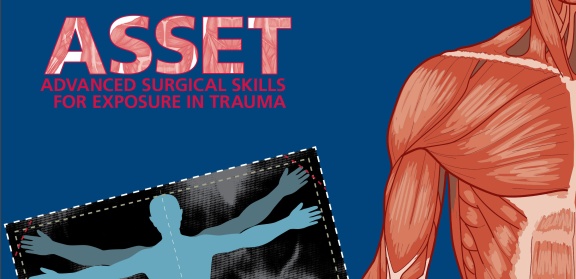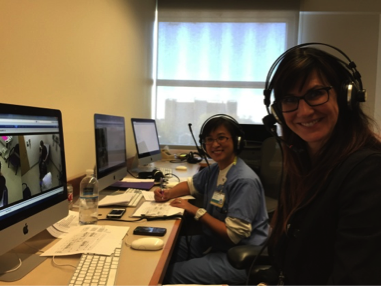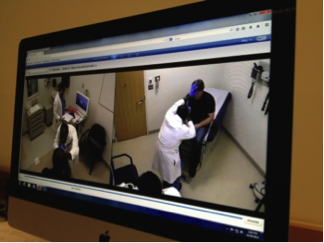Advanced Trauma Life Support® (ATLS®)
This course was created to provide a concise approach to the care of a trauma patient as well demonstration of various surgical and airway skills. ATLS covers various surgical and airway skills. Learning outcomes include competency in performing surgical/airway skills and treating traumatic injuries occurring in all regions of the body. The ATLS® program teaches a systematic, concise approach to the care of a trauma patient as well demonstration of various surgical and airway skills.
An advantage of using the PAASS lab is the ability to provide human cadavers for use in recreating surgical and trauma related injuries to give the leaner’s a more realistic approach to cases.

Advanced Surgical Skills for Exposure in Trauma (ASSET)
The ASSET course teaches surgical exposure of anatomic structures that, when injured, may pose a threat to life or limb. Students use a course manual that provides an overview of surgical exposures in key areas: neck, chest, abdomen and pelvis, and upper and lower extremities. The one-day course covers each section, beginning with a case-based overview that is followed by a hands-on exposure guided by the faculty. The student-to-faculty ratio is low, allowing extensive faculty guidance and interaction with students. Roughly 24 cases are presented, 1 for each region of the body in ASSET. Learners are asked to perform surgical exposures in key areas: neck, chest, abdomen and pelvis, and upper and lower extremities in ASSET. Vanderbilt also wanted to become an accredited teaching site for the ACS.

Our Kids Center
Our Kids Center, a Nashville-based organization providing expert medical evaluations and crisis counseling in response to concerns of child sexual abuse, has created a series of skills labs, including simulation at CELA, to enhance clinical and communications skills for healthcare providers training as pediatric Sexual Assault Examiners (SAEs).
Given the sensitive nature of the exams and communications with patients and their families, CELA’s unique environment allows trainees to apply new skills in the presence of experts who can provide input and guidance in a safe, nonthreatening setting.
At CELA, trainees are able to perform a full exam, use specialized equipment for forensic documentation, collect evidence, and communicate with an adolescent patient who has suffered a sexual assault as well as an adult caregiver. To increase the impact of their experience, trainees receive immediate feedback from experts in the field as well as their “patients”.
Future plans include research about the training’s long term impact on clinical practices and investigating additional opportunities to use simulation for the furthering of SAE training.
Ophthalmology Supervisors
The simulation event was created to give opportunities for direct observation and deliberate feedback to senior residents who were about to enter supervising roles as senior residents on call. In the past we have promoted the residents into these roles because it was "that time of year", but without knowing if they truly had the ability to manage emergencies, the medical knowledge to supervise junior residents, or the communication skills needed teach them.
The learners were asked to practice on-call situations using standardized patients (SPs). A junior resident took a history of a SP and reported the exam findings to the seniors on call just as they would for any patient they needed help or advice about. The seniors on call would listen and give advice as they deemed appropriate. Using SPs allowed us to view the patient interviews that the junior residents obtained live and were also able to give them feedback on their history taking and synthesis of the medical exam.

The objective was to give senior residents feedback on their performance acting as a supervising senior resident on call after direct observation. We were also able to give the junior residents feedback on their performance in history taking and synthesis of medical knowledge after just 4 months of ophthalmology residency. This proved to be a great feedback tool for all levels of trainees.
A big benefit was that these were videotaped. We have been able to review these videos after the workshop and the trainees can see what they did well and what they could improve. We could also very easily assess the strengths and weakness of the residents and give them feedback through observing in the observation booth. At the end of the program, the residents all enjoyed the event and wanted to come back for similar feedback sessions.
One resident said "It was a lot of fun, and I appreciate the effort that everyone has put into giving me feedback and making me better."
